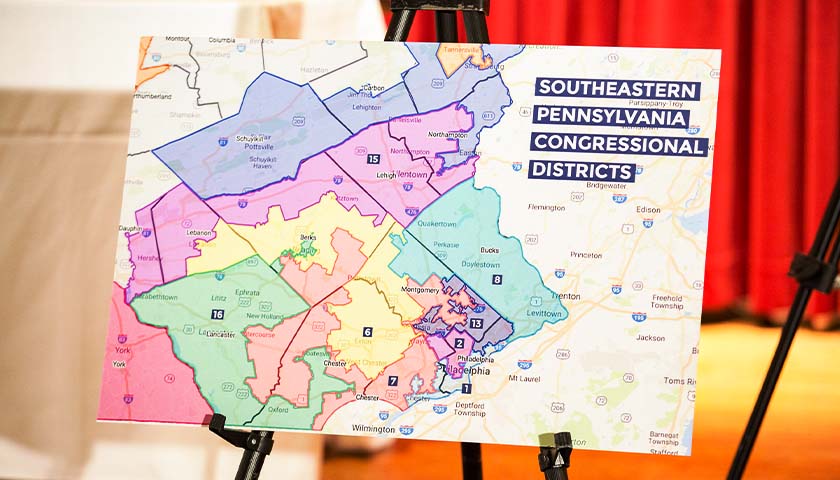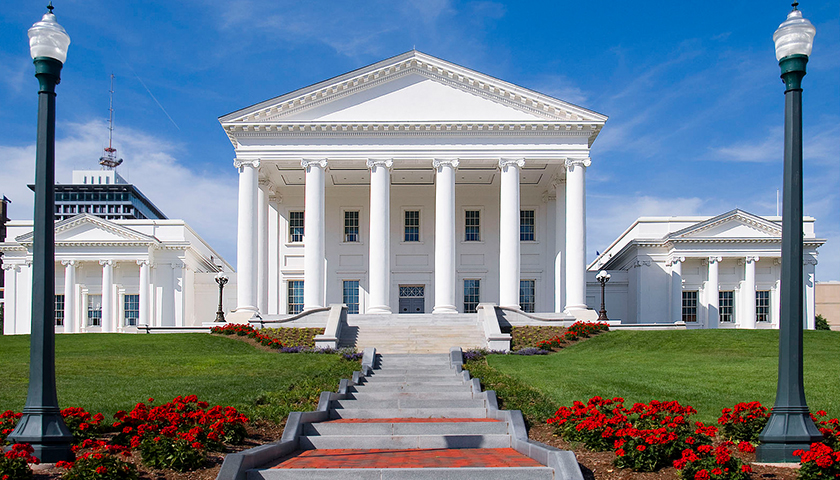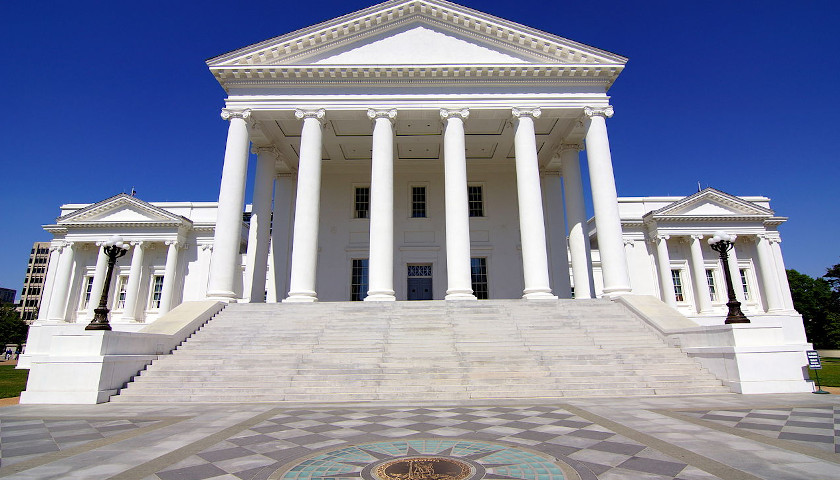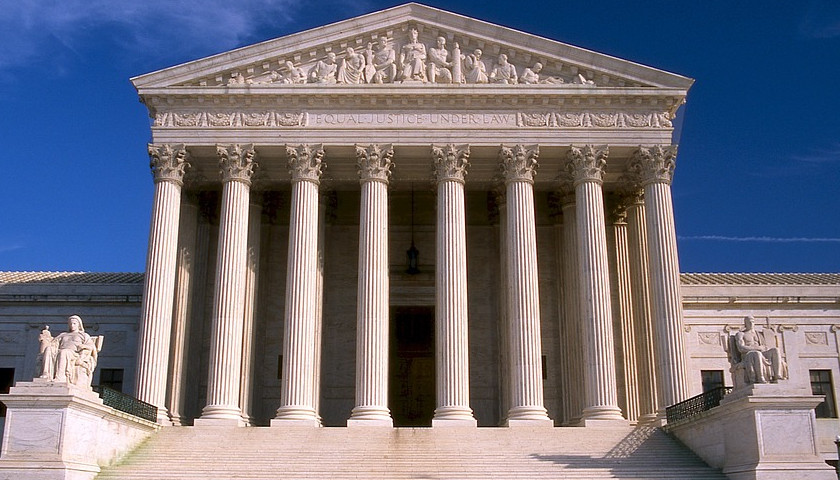The U.S. Supreme Court announced last week that in March it will hear partisan gerrymandering cases involving North Carolina and Maryland. These partisan gerrymandering cases are the first of their kind to be heard since Justice Brett Kavanaugh replaced Justice Anthony Kennedy on the court. The decision to hear these cases will likely have ramifications for a suit filed last November by Common Cause and the North Carolina Democratic Party. The case, Common Cause v. Lewis, alleges partisan gerrymandering in district maps drawn by the Republican majority-held legislature. The case was recently denied a delay and remanded back to North Carolina Superior Court by Federal District Judge Louise Flanagan. Filed in Wake County court, the complaint demands the maps be redrawn for use in 2020 and alleges that the districts violate the state’s constitution in three areas: The Equal Protection Clause, the Free Elections Clause, and the Freedom of Speech and Freedom of Assembly clauses. The suit also alleges that the current districts are “intentionally burdening the protected speech and/or expressive conduct of Plaintiffs and other Democratic voters, including members of Common Cause and the NCDP, based on their identity, their viewpoints, and the content of their speech.” “Because lawmakers…
Read the full story




